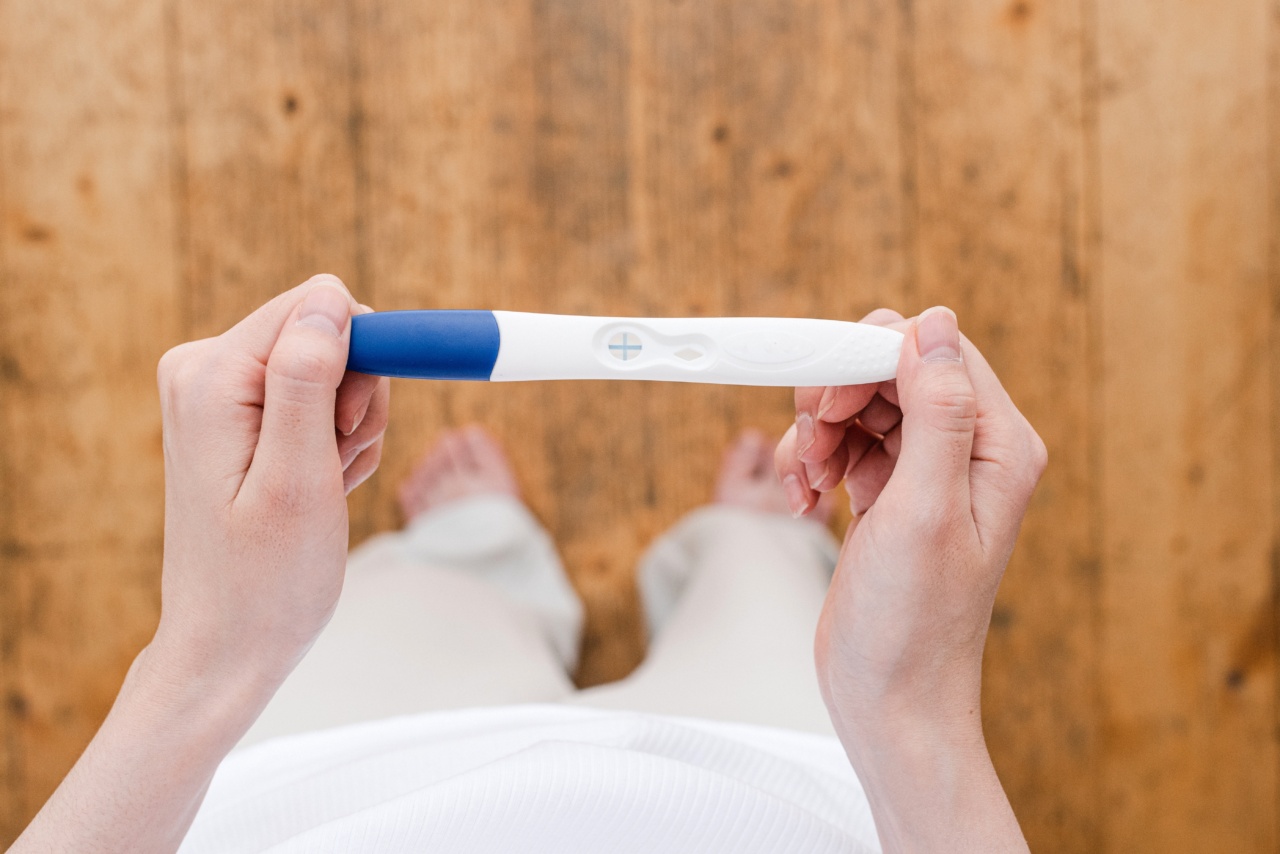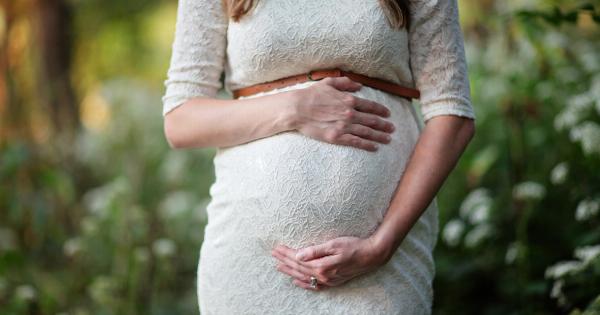Being pregnant is a delicate period in a woman’s life, and expectant mothers are advised to take good care of themselves to ensure the safety of their unborn child.
However, some behaviors by pregnant mothers can have long-term negative effects on their offspring. Recent studies have shown that some harmful genetic mutations can be passed from pregnant mothers to their babies. In this article, we will explore genetic inheritance from pregnant mothers and how it can cause potential harm to their children.
What is Genetic Inheritance?
Genetic inheritance is the process by which traits are passed down from parents to their offspring.
The genetic material responsible for this transfer is a molecule called DNA, which serves as the blueprint for an individual’s physical and biochemical characteristics. Half of an individual’s DNA comes from their mother and the other half from their father.
While most genetic traits are non-harmful, some mutations can have negative effects on an individual’s health. These mutations can cause genetic disorders, which are conditions caused by abnormalities in an individual’s DNA.
There are two types of genetic disorders- inherited and acquired. Inherited disorders are caused by mutations that are passed down from parents to their offspring, while acquired disorders are caused by mutations that occur spontaneously and are not passed down.
Inherited Genetic Disorders
Inherited genetic disorders are caused by mutations in an individual’s DNA that are passed down from their parents.
These mutations can result from a variety of factors, including exposure to harmful substances and conditions such as radiation and chemical toxins.
There are different types of inherited genetic disorders, including single-gene disorders, multifactorial disorders, chromosomal disorders, and mitochondrial disorders.
Single-gene disorders are caused by mutations in a single gene, while multifactorial disorders are caused by a combination of genetic and environmental factors. Chromosomal disorders and mitochondrial disorders are caused by abnormalities in an individual’s chromosomes and mitochondria, respectively.
Some inherited genetic disorders can be traced back to pregnant mothers. A pregnant woman can pass harmful genetic mutations to her unborn child through her DNA.
Some of these mutations can cause serious health problems for the child, including developmental delays, intellectual disabilities, and physical deformities.
Maternal Inheritance
Maternal inheritance is a form of genetic inheritance that involves the transmission of genetic material from a mother to her offspring.
The DNA responsible for maternal inheritance is located in the mitochondria, which are organelles found in the cytoplasm of eukaryotic cells.
While most of an individual’s DNA is located in the nucleus of their cells, a small amount is located in the mitochondria.
This mitochondrial DNA is passed down from mothers to their offspring, meaning that the genetic mutations present in a pregnant mother’s mitochondrial DNA can be passed down to her child.
Maternal inheritance is responsible for some genetic disorders, including mitochondrial diseases.
These diseases are caused by mutations in the mitochondrial DNA and can cause a wide range of symptoms, including muscle weakness, seizures, and respiratory problems.
Environmental Toxins and Pregnancy
Environmental toxins are substances found in the environment that can have harmful effects on human health.
Exposure to environmental toxins during pregnancy can have negative effects on the developing fetus and can lead to health problems later in life.
Some environmental toxins, such as lead and mercury, can cross the placenta and affect the developing fetus. Exposure to these toxins can cause developmental delays, cognitive impairment, and behavioral problems in children.
Other environmental toxins, such as polycyclic aromatic hydrocarbons (PAHs), can affect the developing fetus by causing epigenetic changes. Epigenetic changes are changes in gene expression that do not involve changes to the underlying DNA sequence.
Exposure to PAHs during pregnancy can cause epigenetic changes that increase the risk of asthma and other respiratory problems in children.
Conclusion
Pregnancy is a vulnerable period in a woman’s life, and expectant mothers should take steps to protect themselves and their unborn child from harm.
Genetic mutations can be passed from pregnant mothers to their children, and some of these mutations can cause serious health problems. Additionally, exposure to environmental toxins during pregnancy can have negative effects on the developing fetus. It is important for pregnant women to take steps to protect themselves and their unborn child from exposure to harmful substances.





























